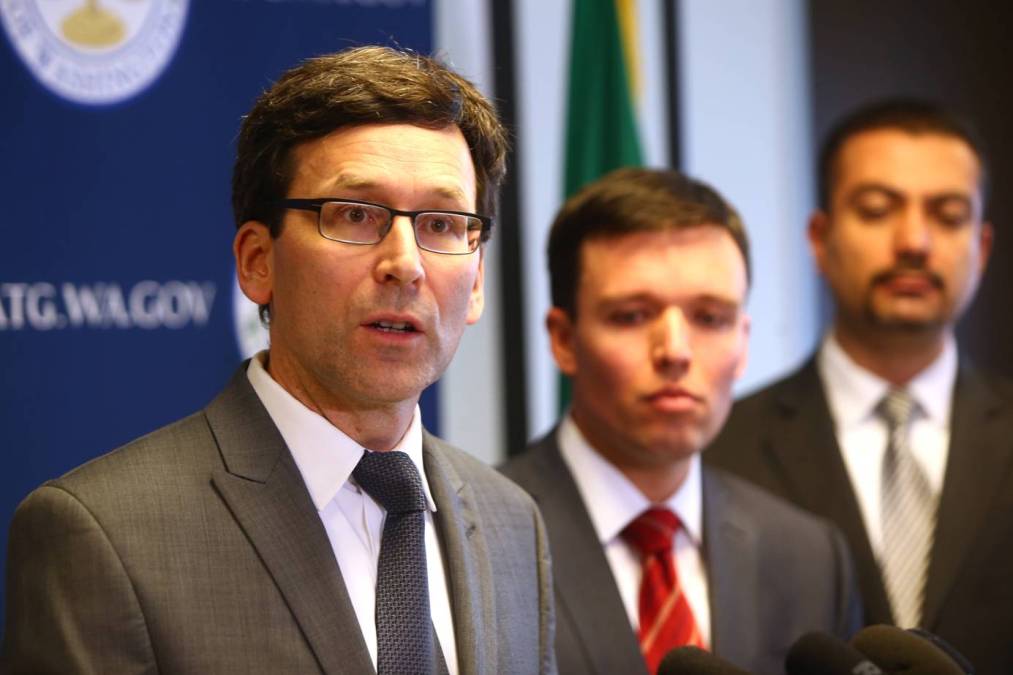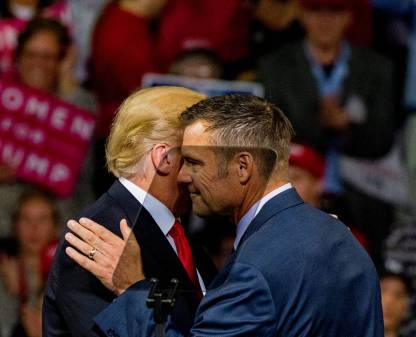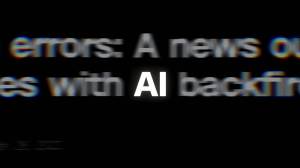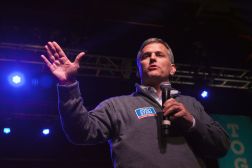Washington AG names AI task force members

Washington state Attorney General Bob Ferguson on Friday named the 18 members of his office’s new artificial intelligence task force.
The task force, which includes state lawmakers, technology officials, academics and industry executives, was apparently downsized from the 42-member group originally proposed in legislation requested by Ferguson last December. The group is tasked with recommending guiding principles for the state’s use of generative AI, identifying high-risk uses, recommending how the state should educate the public and reviewing public policy concerns, such as potential risks of bias and threats to the workforce.
The group includes Katy Ruckle, the state’s chief privacy officer; Cherika Carter, secretary treasurer of the Washington State Labor Council; and Darrell Lowe, chief of the Redmond, Washington, Police Department. It also includes Ryan Harkins, senior director of public policy at Microsoft, which is headquartered in Redmond, and Leah Koshiyama, senior director of responsible AI and tech at the customer relationship management software firm Salesforce.
Washington state’s efforts are not unusual. Dozens of other states are advancing research through similar task forces or commissions and passing legislation designed to mitigate concerns of bias and workforce disruption. In May, the California Government Operations Agency announced a series of experimental AI projects designed to improve agency operations. California is likewise running an AI task force to explore risks and identify potential economic opportunities.
In a press release announcing his picks, Ferguson, who’s running in this year’s gubernatorial race with the endorsement of Gov. Jay Inslee, called generative AI’s appearance “an urgent issue of our time.” The task force, which is required to meet at least twice a year and issue its final report to the governor and legislature by July 2026, runs parallel to efforts initiated by an executive order Inslee signed in January.
The governor’s order tasked state agencies with making similar explorations into how generative AI might aid the state government’s operations and the risks it potentially harbors. At the time, Ruckle, the chief privacy officer, said her goal was to help establish “guardrails” that would help prevent the technology from causing harm.
Inslee’s order highlighted a need for state agencies to research “high-risk” threats of generative AI, including in the domains of public health, safety and fundamental human rights. Agencies including the Office of Equity and Washington Technology Solutions, the state’s information technology bureau, are already developing reports that will advise on AI’s intersection with topics including ethics, cybersecurity, training and bias.
Ferguson’s task force is scheduled to first meet this summer, breaking into subcommittees with names like “state security and cybersecurity,” “consumer protection and privacy” and “industry and innovation.” According to Ferguson’s announcement, his office will also establish groups to advise on tribal nations and businesses.






